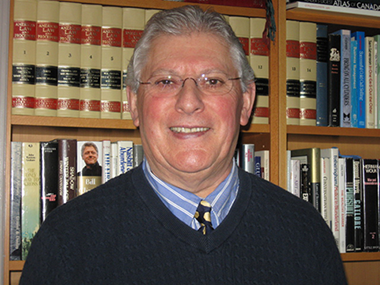OUR GOAL
Simply put our goal is to SAVE OUR SOUTHERN RESIDENT ORCAS from extinction. We will do this by raising money from individuals and business for TV and social media advertising to educate the public everywhere about what humans have done to these Orcas for many years which governments have allowed to happen. We believe such action will motivate our federal, provincial and municipal governments to act immediately on what they have known for years must be done.
When the young Swedish activist Greta Thunberg spoke at the UN she shamed politicians for speaking pretty words about climate change instead of taking action. Many scientific experts state that bio-diversity in our Eco-systems is vital for our planet and I believe the survival of our Orcas is part of our Earth’s survival for future generations.
When our group of Orcas (Pods J, K and L) were declared endangered by our Federal government in 2003, the words used were “dire” and “facing imminent threats to survival and recovery”. Despite this government declaration many years ago, not much has been done other than spending more money on research and studies when it was already well known what MUST be done to fix the habitat problems for our Orcas when they were declared endangered.
Humans have polluted the Orca habitat with sewage, PCB’s, pesticides and other chemical toxins which many marine mammal experts state is preventing them from having healthy baby Orcas and is killing off their only food supply of Chinook salmon. Unlike Orcas elsewhere, our Orcas do not eat meat. History tells us that when Our Orcas came here thousands of years ago the Chinook salmon were so abundant the Orcas stayed, but today our governments are fully aware that human pollution has reduced the salmon population by about 75% and much of the remaining salmon are infected with parasites from farmed salmon when they escape the pens and interbreed with wild salmon.
Thanks to the efforts of many, people are waking up and are now aware of how humans have polluted our seas and oceans with plastics, PCB’s and other chemical toxins. Our Orcas are on the same path as those off Western Scotland who have not produced a calf in many years and with only 8 members left are doomed to extinction. Please take a look here: https://www.theguardian.com/environment/2016/jan/14/uks-last-resident-killer-whales-doomed-to-extinction
It was late July 2018 when the Orca, humans named Tahlequah, gave birth to her baby near Victoria, British Columbia, Canada. Tragically, within minutes of birth the baby died. In a heart wrenching show of grief, Tahlequah carried her dead baby on her nose for 17 days and with the help of her pod family travelled about 1,000 miles in our coastal waters before letting go of her dead baby. Truly incredible! By her amazing show of grief, I believe Tahlequah was saying to us humans, “you see my dead baby? This means we URGENTLY need your help as we are almost out of time because I cannot reproduce any more due to all the toxins in my body from human poisoning of my habitat”.

Brian J. Crombleholme – Founder “Save Our Orcas” Organization Calgary, AB Canada
 Brian J. Crombleholme – Calgary, Alberta, Canada (Formerly of Victoria, British Columbia, Canada)
Founder
Brian J. Crombleholme – Calgary, Alberta, Canada (Formerly of Victoria, British Columbia, Canada)
Founder